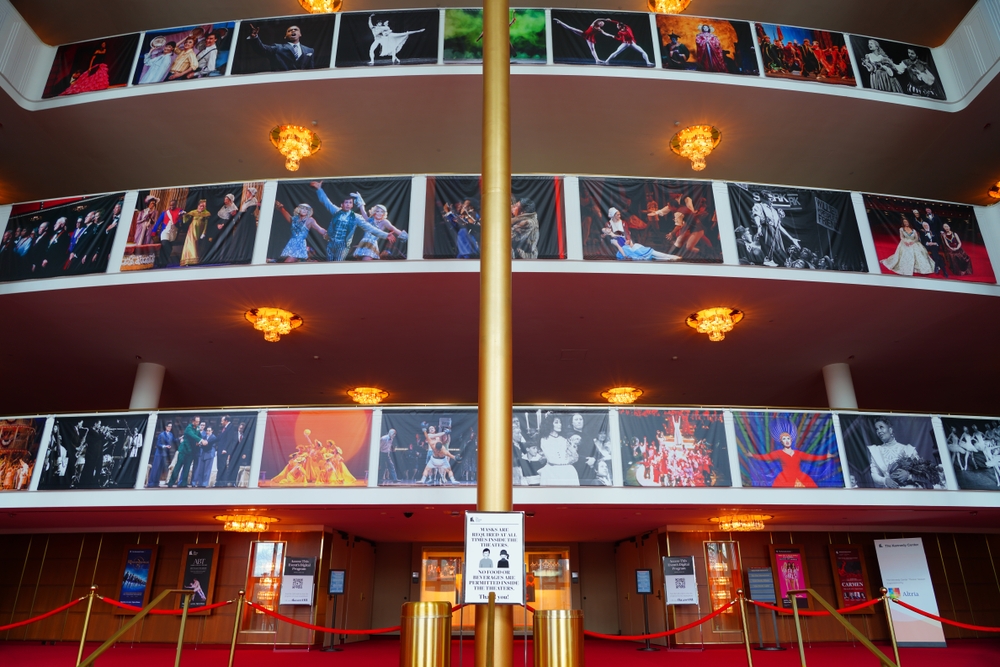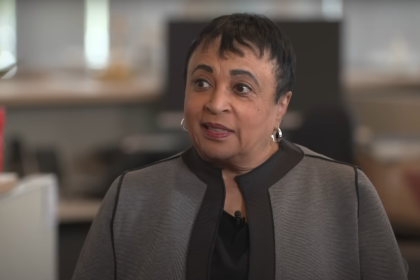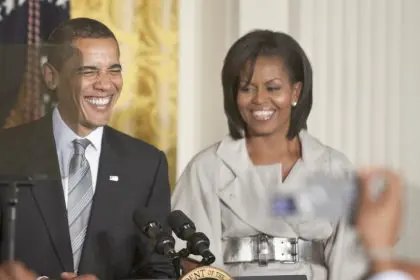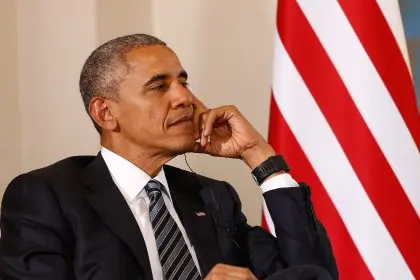Major exodus rocks prestigious arts institution
In an unprecedented wave of departures that signals growing tension in America’s cultural landscape, several prominent artistic figures have severed ties with the John F. Kennedy Center for the Performing Arts following recent leadership changes and the controversial installation of Trump-aligned management.
A cultural institution in crisis
The Kennedy Center, long considered the crown jewel of American performing arts, now faces a legitimacy crisis as some of television and classical music’s most influential voices distance themselves from the organization. The departure of Shonda Rhimes, the powerhouse producer behind numerous hit series, marks a particularly significant blow to the institution’s standing in the entertainment industry.
Ripple effects across artistic communities
The resignation of opera legend Renée Fleming from her position as artistic adviser represents a seismic shift in the classical music world. Fleming, whose voice has graced the world’s most prestigious stages, has been instrumental in shaping the Center’s artistic direction and maintaining its reputation for excellence in classical programming. Her departure, while diplomatic in nature, underscores the growing concern about the institution’s future artistic independence.
Leadership vacuum threatens artistic integrity
The exodus extends beyond individual artists to affect entire programs within the Kennedy Center. Ben Folds’ resignation as artistic adviser to the National Symphony Orchestra creates a significant void in the contemporary music programming that had been bridging classical and popular genres. His departure particularly impacts the NSO’s innovative initiatives that had been attracting younger audiences to orchestral music.
Political influence sparks artistic resistance
The recent changes in leadership, marked by the removal of chairman David M. Rubenstein and president Deborah Rutter, have triggered concerns about the politicization of an institution traditionally celebrated for its bipartisan support. The Kennedy Center, established as a living memorial to President John F. Kennedy, has historically maintained its artistic independence while receiving federal funding.
Cultural implications and future uncertainty
The mass departure of artistic leaders raises questions about the Center’s ability to maintain its programming quality and cultural relevance. The institution’s role as a national platform for artistic excellence now faces unprecedented challenges, with uncertainty looming over future artistic appointments and programming decisions.
Impact on Washington’s cultural landscape
The Kennedy Center’s transformation threatens Washington D.C.’s position as a cultural capital, potentially affecting everything from local arts education initiatives to international cultural exchanges. The center’s ability to attract world-class talent and maintain its artistic standards may be compromised by the current upheaval.
The reverberations of these departures extend far beyond the institution’s limestone walls. The Kennedy Center’s annual honors, which celebrate lifetime contributions to American culture, may face increased scrutiny and potential boycotts from artists who have historically viewed the ceremony as a prestigious recognition transcending political divisions.
Community response and artistic solidarity
The artistic community’s response has been swift and unified, with many expressing concern about the precedent these changes set for other cultural institutions across the country. The departures represent more than individual career decisions; they signal a collective stand for artistic independence and cultural integrity.
Looking ahead: Uncertain future for American arts
As the Kennedy Center navigates this period of transition, questions remain about its ability to fulfill its mission as the nation’s cultural center. The institution’s challenge lies in rebuilding trust with the artistic community while maintaining the high standards that have defined its programming for decades.
The current situation at the Kennedy Center reflects broader tensions in American society regarding the role of arts and culture in public life. As political polarization continues to affect traditionally nonpartisan institutions, the arts community’s response may set important precedents for maintaining artistic independence in an increasingly divided national landscape.
The departures of Rhimes, Fleming, and Folds represent not just a loss of talent and leadership, but a powerful statement about the importance of artistic freedom and institutional integrity in American cultural life. As the Kennedy Center moves forward, its ability to rebuild these broken bridges while maintaining artistic excellence will be crucial to its survival as a national cultural treasure.















